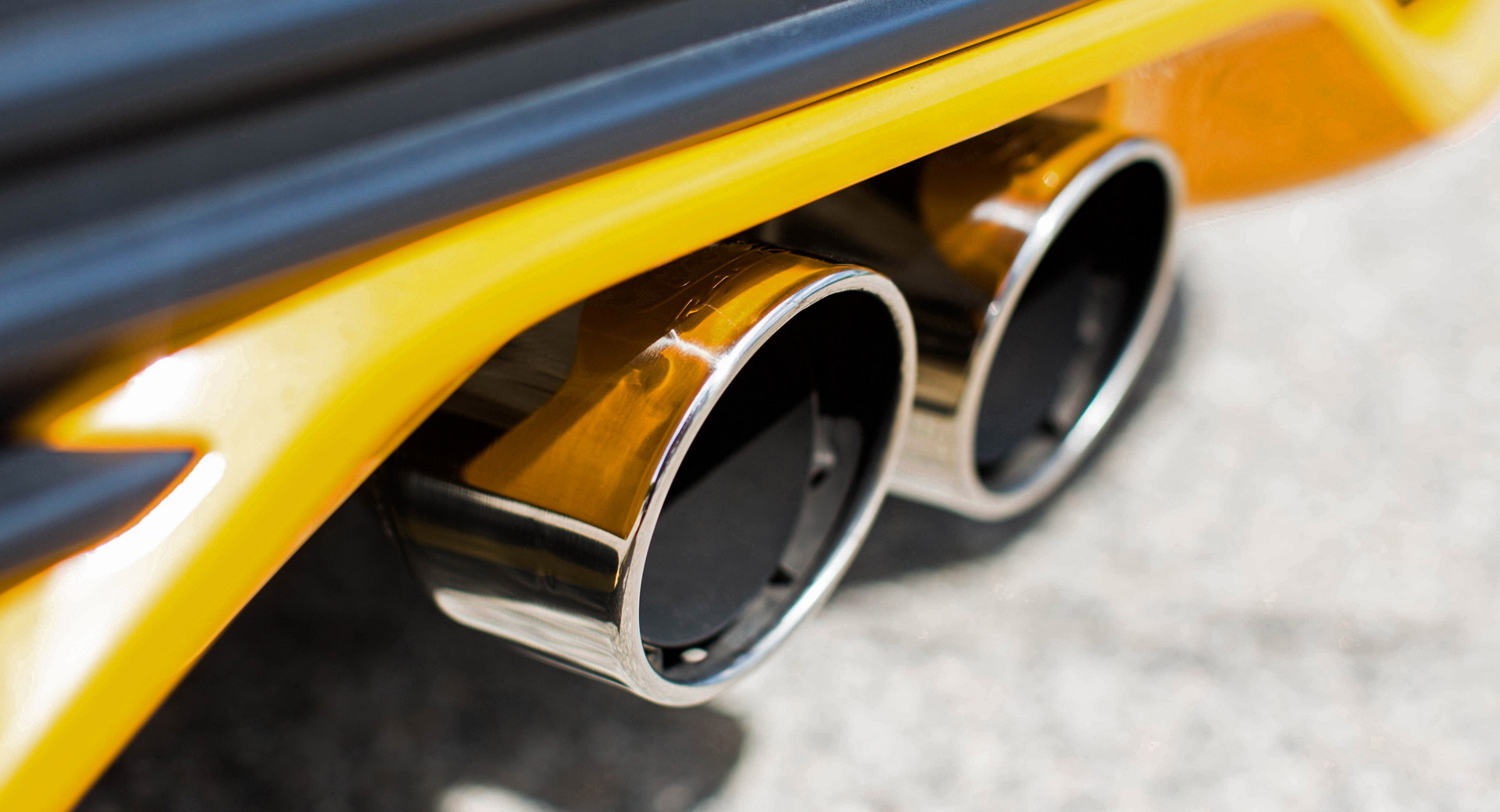The United Nations Environmental Programme (UNEP) announced that the toxic legacy of leaded fuel has officially come to an end. Algeria, the last country on earth to use leaded gas, has finally phased the fuel out.
“The successful enforcement of the ban on leaded petrol is a huge milestone for global health and our environment,” said UNEP Executive Director Inger Andersen.
Developed by GM in 1921, the addition of tetraethyl lead into fuel was initially heralded as a breakthrough that would power a new generation of cars, planes, and motorcycles thanks to its ability to tame engine-destroying “knock.”
Read Also: U.S. May Reinstate Pre-Trump Economy Fuel Penalties
The exhaust from engines that ran leaded fuel was highly toxic, though. Wherever leaded fuel spread, epidemics of heart disease, cancer, stroke, and developmental delay in children followed.
“Leaded petrol was a huge mistake from the start, even if people may not have known it at the time,” said Rob De Jong, the head of sustainable mobility at UNEP. “The world would be dealing with the consequences for a century.”
That the fuel has finally been phased out everywhere on earth is, UNEP says, the result of a 20-year-long campaign that used a mix of science, public education, and policy work. Per the program, the ban on leaded fuel saves 1.2 million lives while sparing the world $2.4 trillion in healthcare expenses and other costs.
“I think this may be the single biggest success story in the environmental field,” said Michael Walsh, the former head of motor vehicle pollution control programs with the United State’s Environmental Protection Agency.
Although unleaded fuel was made universally available in the U.S. in 1975 and banned in 1996, poorer countries struggled to make the switch.
“They were getting the dirtiest fuel. It was very frustrating,” said Walsh. “The people that were most vulnerable were getting poisoned.”
As recently as 2002, leaded fuel was still being used in 117 countries, which included every country in Africa, where people in fast-growing cities were suffering. UNEP quickly published studies debunking the myths that unleaded fuel hurt engines and encouraged governments to update their air pollution standards, among other measures.
By 2006, sub-Saharan Africa was lead-free. For the next 15 years, the UNEP would fight to get tetraethyl lead out of the remaining countries, facing stiff resistance from Innospec, a U.S. and U.K.-based company that was the last remaining maker of the substance.
As countries pulled out, though, the market was cratering and Innospec was found guilty of bribing officials in Indonesia and Iraq. Over the last decade, more and more countries have stopped using leaded fuel, and finally, in September 2020, Algeria announced that its state-owned oil company would stop making leaded fuel, and now it has been phased out completely.
“I’m certainly not a Pollyanna about climate change,” said Walsh. “But at least we can say ‘We solved (the leaded fuel) problem. Let’s do something similar.’ It gives me hope.”






